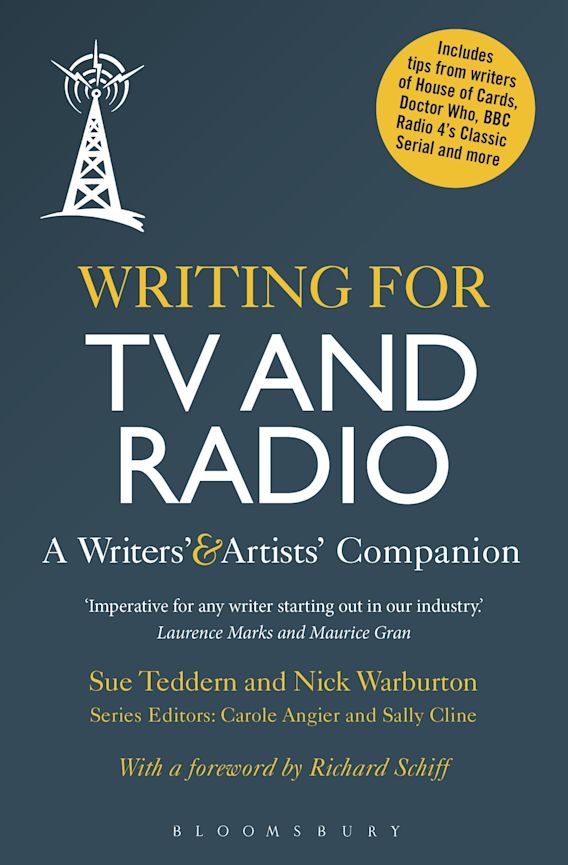In this extract from the Writers' & Artists' Companion to Writing for TV and Radio, co-writer Nick Warburton discusses how memory can help grow your ideas.

Memory is a rich ground for the growing of ideas. You can use your own experience. What really happened all those years ago and what you remember about it won’t necessarily agree. You can check your account against those of others who were around at the time, but you don’t have to. If you're writing autobiography, it’s probably important to recall things accurately, but if you’re trawling for ideas that might become scripts or storylines, false memory can be just as productive.
You can also play with memory by thinking of yourself in the third person. What happened didn’t happen to you but to someone else. Instead of remembering the day you got lost, remember the day that little girl got lost. Or remember the time that little boy broke the vase. Thinking of yourself in the third person will help you see things objectively, with a cold eye, and avoid special pleading. Charles Dickens managed to tell (at least part) of his own story by calling himself David Copperfield and in the novel of that name he both is and isn’t young David.
You might also try changing your memory in other ways.
I can remember the afternoon when as a boy of nine or ten I broke my nose playing cricket. I can relate that incident in different ways and each way will yield a different sort of story.
Playing With Memory
When I was ten I broke my nose playing cricket. I can still recall the pain and humiliation of that moment.
The boys’ game was interrupted when one of their number had his nose broken. The match had been evenly balanced at that point.
The elderly man dreamed of playing once again the game he loved in his youth, and then he broke his nose
During the game the girl’s nose was broken. There was a moment of pain and then she thoughts, ‘Was that really an accident?’
So see what you can find in your memory. Then see what happens to it when you play around with it.
Exercise
Recall an incident from your past, some moment when you were hurt, embarrassed or ashamed. Make notes about it, in the first person and in the third person, changing gender and age.
Comments